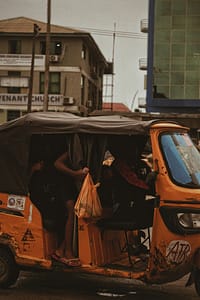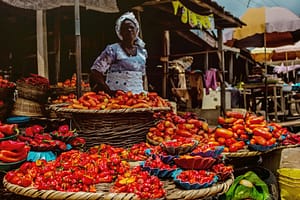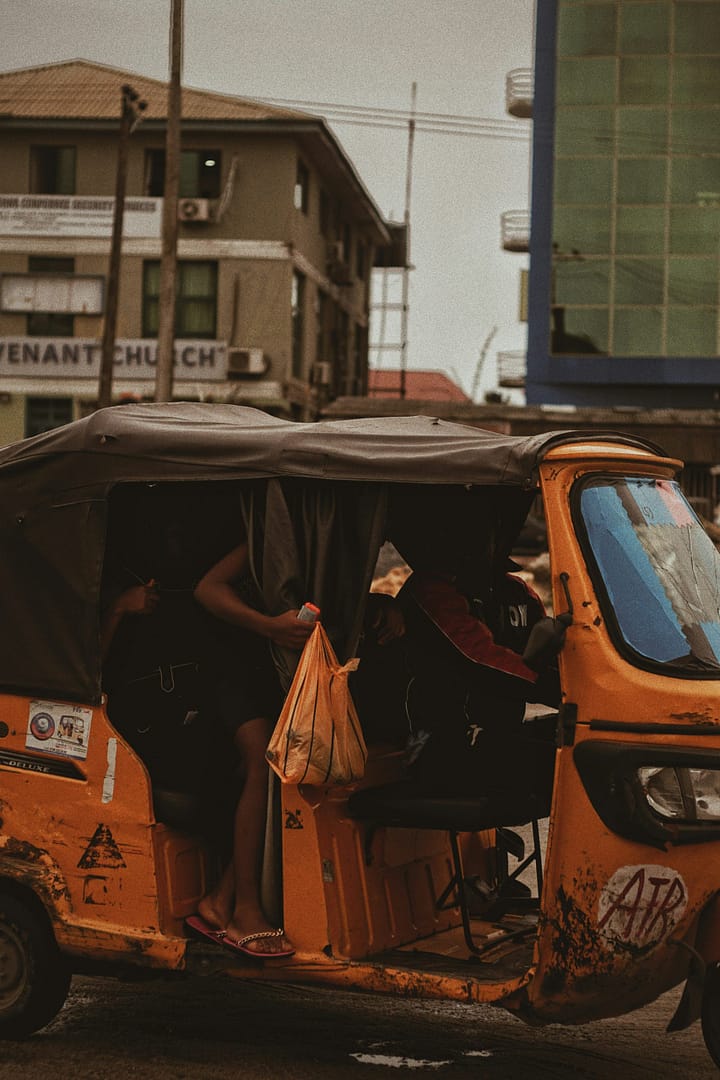

Given the choice between the Nigerians and the government, my preference leans towards the government. This preference stems from the observation that the populace often consists of individuals seeking personal gain, who, in a survival-of-the-fittest world, do not hesitate to impose hardships on their peers. In contrast, the government’s fundamental duty is to maintain order among often irrational human behaviors. This dynamic is starkly illustrated by the ongoing internal strife fueled not only by the political and economic elite but also by ordinary citizens against one another.
Nigerians have, unfortunately, turned into scavengers, preying on the weakest among us. This includes a range of exploiters from fuel subsidy fraudsters and foreign exchange manipulators to food distributors in Kano who withhold supplies from farmers while hoarding food, causing starvation. Even the local vendor in Lagos blames the soaring prices of goods on the exchange rate, always looking to exploit those less fortunate.
A recent personal experience highlighted the issue: the cost of a loaf of bread spiked from N1,000 to N1,300 without any added value, prompting a search for more affordable options only to find prices had increased everywhere. Similarly, the cost of a crate of eggs from a local supplier jumped from N2,400 to N3,500, attributed to the rising cost of poultry medication.
This escalation in living costs has sparked protests against the government in various Nigerian cities, with residents of Kano State recently appealing to President Tinubu for relief as food prices soar. Yet, the discovery of hoarded foodstuffs in Kano shortly after these protests underscores the pervasive nature of greed and exploitation.
Reflecting on the past, the removal of fuel subsidies and the devaluation of the national currency were measures driven by the greed of a few, leading to the current economic hardships.
The saga of fuel subsidy fraud, dating back to the fourth republic, involved colossal financial deceit, highlighted by notable investigations and legal actions. Yet, the cycle of corruption persisted, with successive administrations, including President Jonathan’s and President Buhari’s, failing to adequately address the issue, leaving a legacy of challenges for their successors.
President Tinubu, upon taking office, faced immediate challenges with the removal of fuel subsidies and inherited a deeply flawed financial system. His administration’s efforts to rectify these issues, including tackling forex manipulation and financial mismanagement, signify a stark departure from past practices.
In response to economic pressures, measures such as the formation of a special task force by the Economic and Financial Crimes Commission to target dollar racketeering have been initiated. President Tinubu’s administration, constrained by financial realities, has no choice but to pursue recovery of funds from corrupt entities to alleviate the nation’s fiscal burdens.
Ultimately, the president, as the elected authority, has a mandate to implement protective measures, even if they involve invasive actions, to secure the state’s interests and restore normalcy in the state of living of Nigerians.
Read Also: Exploring Lucrative Business Opportunities in Nigeria.

[…] Nigerians are Scavengers, cause for suffering in Nigeria […]